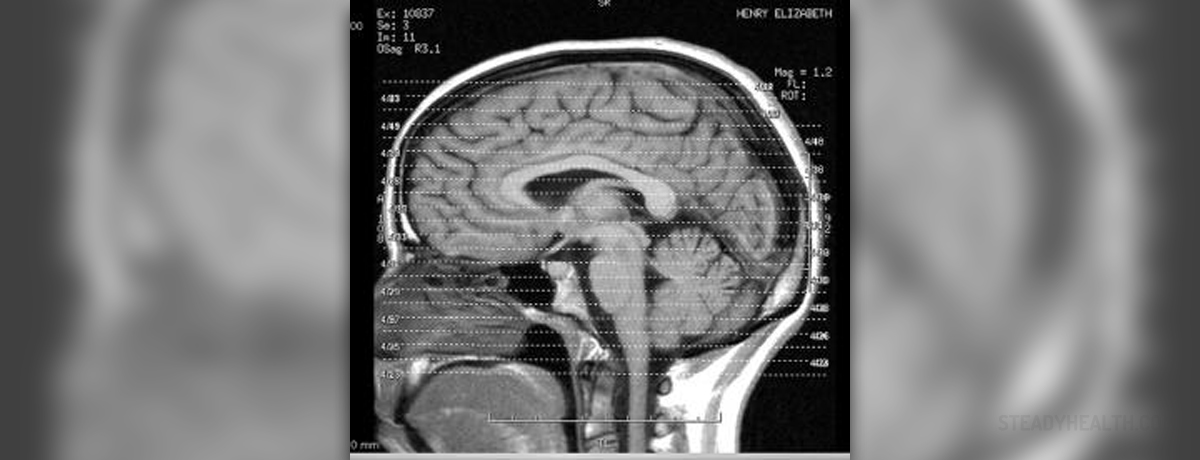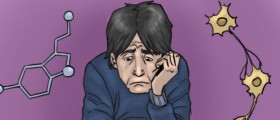
The human brain is the center of the human nervous system, responsible for monitoring and regulating the body's actions and reactions. This extremely complex organ consists of somewhere around 15-33 billion neurons, linked with 10000 synaptic connections each. Neurons are electrically excitable cells that processes and transmits information by electrical and chemical signaling. Normally brain sends and receives trillions of information in a single day. This informational exchange would be impossible without brain chemicals. In a single second, around 100.000 chemical reactions take place in humans’ brain. Chemistry is responsible for each and every state and action of a human being, from concentration, sleep, energy levels, mood swings, even the ability to sweat.
Brain chemicals
Almost all chemicals in the brain are so-called “neurotransmitters”. Their role is to transmit signals from a neuron to a target cell across a synapse. Until the early 20th century, scientists assumed that synaptic communication was electrical, and in 1921, German pharmacologist Otto Loewi discovered that neurons exchange information by releasing chemicals. The nature of chemicals and their levels, determine brain’s ability to “rule the body”, and regulate its actions and reactions.
Serotonin and dopamine
Two major chemicals are responsible for most human mental states. These chemicals are also known as “happy chemicals”, but scientists prefer to call them serotonin and dopamine.
Serotonin is the premiere neurotransmitter, a chemical responsible for the regulation of mood, appetite, sleep cycles and muscle contractions. It is also involved in cognitive functions, such as memory and learning. Reduced levels of serotonin are responsible for many unpleasant mental states such as attention deficit disorder, irritability, depression, anxiety, lack of concentration, chronic pain, fatigue, weight gain or loss, and others. Fluctuating serotonin levels are connected with bipolar disorder and hypomania. It shouldn’t be surprising that the most prescribed drugs in many parts of the world are drugs which alter serotonin levels.
The lack of dopamine, another “happy chemical” may also cause similar effects. Reduced dopamine makes one feel bored, depressed and irritable. Illegal drugs such as cocaine, heroin and marijuana are working by mimicking the effects of dopamine. People low on dopamine usually lack drive, energy, vitality, and libido. Dopamine is involved in many brain functions, such as: behavior and cognition, voluntary movement, motivation, punishment and reward, sleep, mood, attention, working memory, and learning.
The changes in the levels or activity of one neurotransmitter will usually affect the level and activity of other neurotransmitters. One of the most serious consequences of dopamine deficiency is a Parkinson’s disease, a health condition in which person cannot normally perform controlled movements.






_f_280x120.jpg)










Your thoughts on this
Loading...